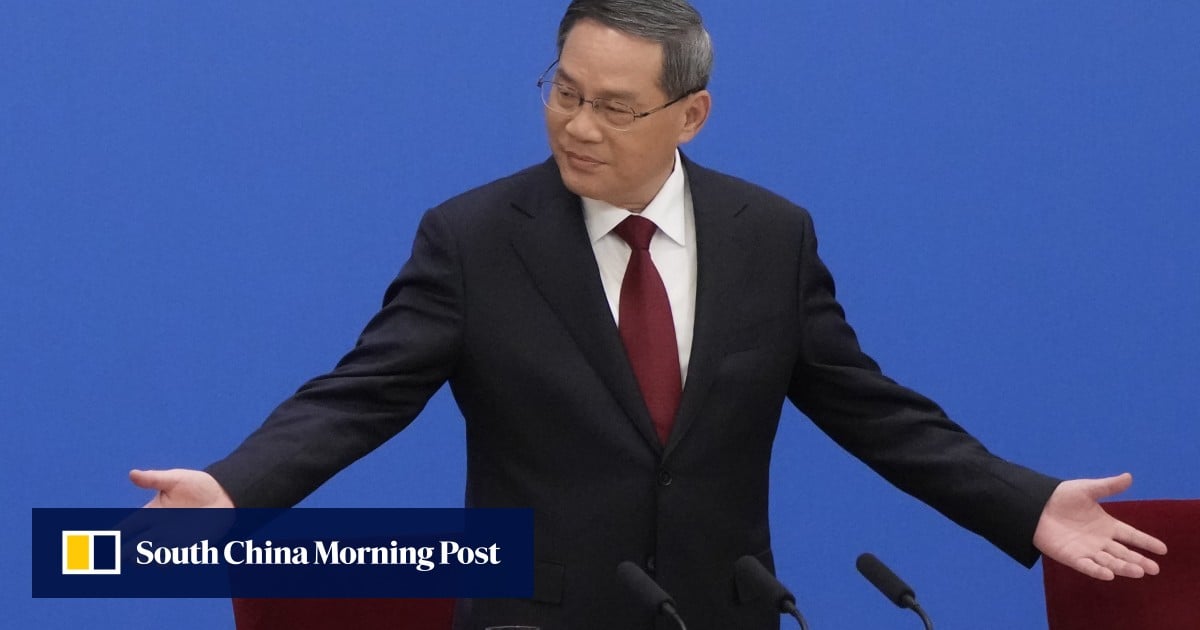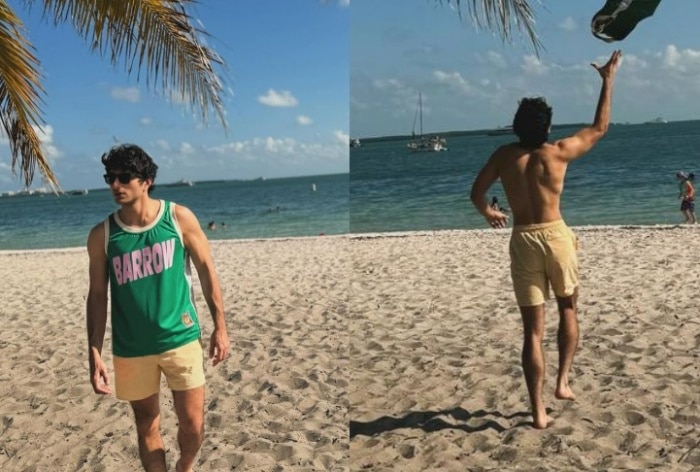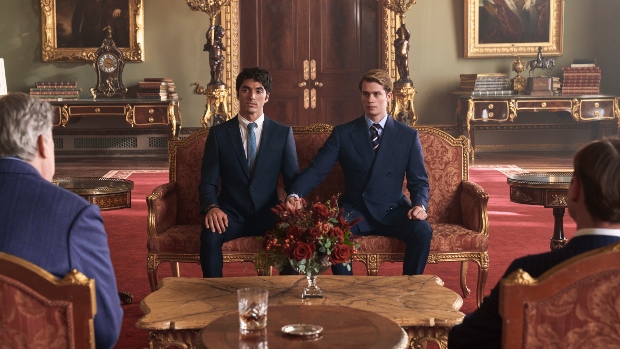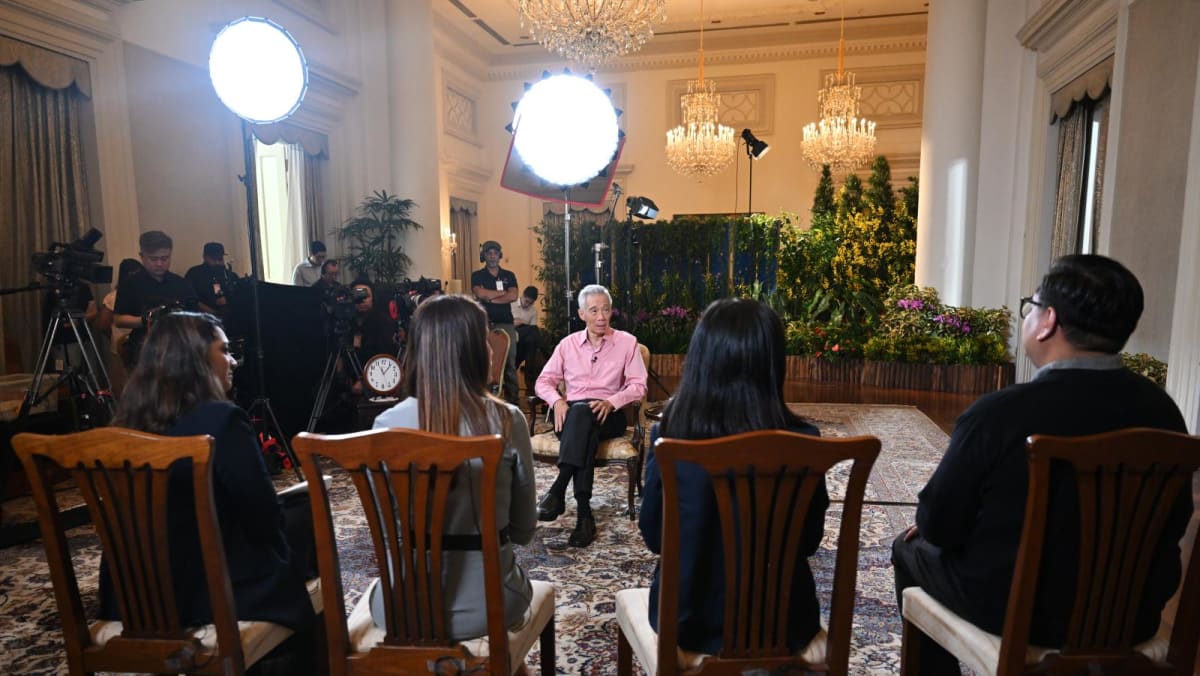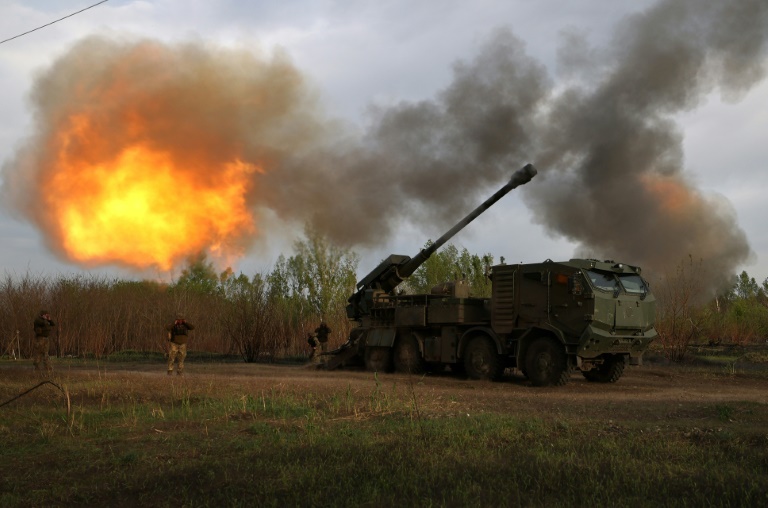It is one of the rare occasions when a top Chinese leader takes questions from local and international media. Those questions are often tightly scripted and chosen in advance, but it offers the outside world a chance to hear directly from a top Chinese leader on policy directions.
In particular, it has been seen as a platform for China to indicate its diplomatic priorities, not only in terms of the questions selected but also which country’s media they come from.
It also makes the premier a more familiar face globally than other Chinese leaders – including the president and Communist Party secretary – who seldom talk directly to outside media.
But Lou said that after a review, the leadership had decided to scrap the press conference since it often overlapped with similar events during the two sessions.
“It should be said that society’s major concerns have been specifically addressed in the [government] reports,” Lou said on Monday. “They will be publicised so that the media and the public can learn about their content easily.”
There will be at least three press conferences during the two sessions, including one given by Foreign Minister Wang Yi.
Why China will avoid talking about US election during ‘two sessions’
Why China will avoid talking about US election during ‘two sessions’
Observers said that while the change might come as a surprise, it was in line with China’s political development.
“The party’s leadership has been firmly established over the past decade. The State Council’s role is now mainly about implementing the party’s decisions,” according to veteran China watcher Wang Xiangwei, a former editor-in-chief of the South China Morning Post.
“The role and status of the premier, who heads the State Council, is therefore adjusted accordingly.”
He said that was already reflected in arrangements for state leaders meeting the chief executives of Hong Kong and Macau on duty visits.
Previously the two chief executives would hold separate meetings with the president and the premier. But last year they reported only to the president, with the premier sitting in on the meeting.
“It is also a reflection of Li Qiang’s pragmatism. He focuses on major policy directions, which are all clearly spelled out in his work report,” Wang said.
“He doesn’t think an additional press conference is necessary as the ministers are in a better position to elaborate on detailed policies, and they will all have press conferences.”
But he said the Chinese leadership could bring back the practice in future if it was deemed necessary.
The ‘two sessions’: what to watch for during China’s biggest political event of the year
The ‘two sessions’: what to watch for during China’s biggest political event of the year
Another observer, who spoke on condition of anonymity, agreed it reflected the change in power dynamics in China.
“The premier’s job is now mainly to do with the economy and social affairs. However, the questions asked at the presser are usually about foreign affairs and China’s grand strategy,” the observer said.
“It would be strange for Li to answer those questions as foreign affairs are increasingly centralised in the hands of the party chief, President Xi Jinping.”
While the foreign minister nominally reports to the premier, Wang stepped into the role from a higher rank after Qin Gang was sacked from the job without explanation in July. Wang reports directly to Xi.
The observer said Li could also have decided not to hold the press conference as a way to show loyalty to Xi, so that more focus is on the president.
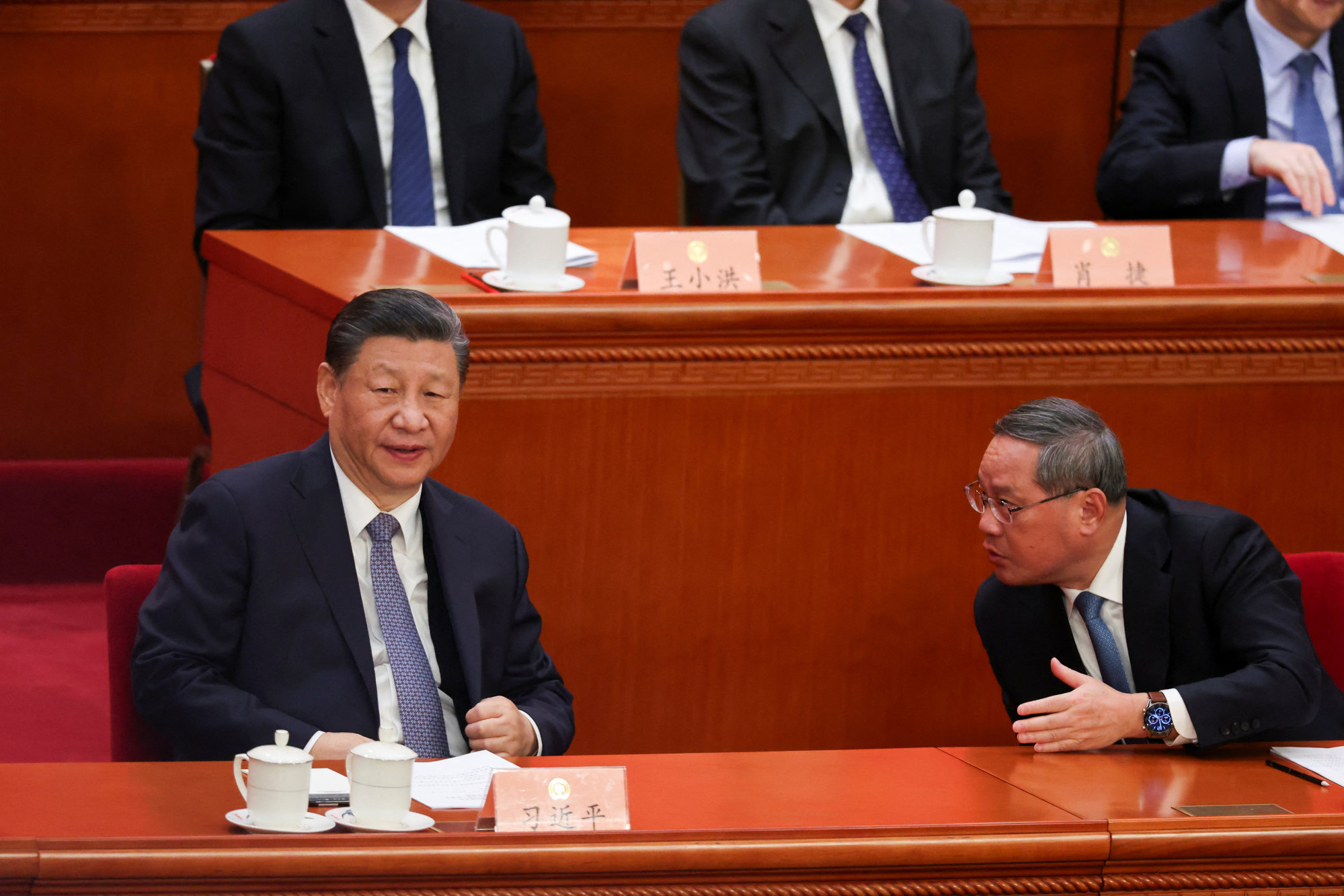
But Wang said there could be a negative impact.
“This is still the only opportunity for a top Chinese leader to have live televised interaction with foreign media. Even though it is a highly scripted event, it offers everyone who is interested in China – particularly foreign investors – to hear directly from the Chinese leadership,” he said.
“This will be an opportunity missed for China to explain itself, and it may increase the perception of China’s lack of transparency.”
He noted that the amended version of the related law would likely be endorsed during the NPC session.
“[This] clearly shows the fundamental changes in China’s party-government relationships in the past few years,” he said.
The revisions state that the cabinet will closely follow instructions from the party leadership and remove provisions related to government transparency.
“It will have only taken a year from the revision of the internal work rules to the revision of the guiding law,” Wu said. “Li Qiang is certainly pushing this very hard to show his loyalty.”

